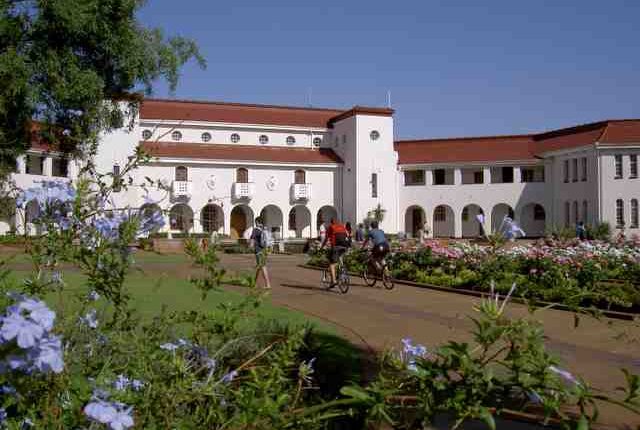NWU Excels: Three Subject Groups Secure Top 700 Positions in QS Rankings
The North-West University (NWU) continues its impressive showing in international rankings. The latest Quacquarelli Symonds (QS) World University Rankings by Subject rank three of the NWU’s subject groups in the top 700 globally, with one of these in the top 400. These include agriculture and forestry, physics and astronomy, and medicine.
Although the NWU does not have a medical school, it offers subjects that fall within the medicine category. These subjects will form a strong foundation for the NWU Medical School, which is envisaged to enrol students from 2028.
The 2024 QS World University Rankings by Subject ranked the NWU in the 301 to 350 category for agriculture and forestry, 601 to 650 category for medicine and health sciences, and in the 601 to 640 category for physics and astronomy. This is the first year that the NWU has featured in the ranking table for physics and astronomy. The university improved its ranking for agriculture and forestry from last year’s 351 to 400 ranking.
QS published the rankings on 10 April and included 1 559 institutions, ranked across 55 subjects in five broad subject areas.
QS used five indicators to determine a place on the rankings table. These included academic reputation; employer reputation; citations per paper; the h-index (measuring the stability of the impact and quality of the work published by the institutions’ scientists and scholars); and the International Research Network (IRN) (measuring the efficiency of establishing stable research collaborations in all the broad subject areas).
This is not the first time the NWU has excelled in the QS rankings. Globally, the NWU was ranked in the 801 to 850 category in June last year for the 2023/2024 QS World University Rankings. This placed the NWU among the top seven South African universities. The NWU was also ranked among the top eight out of 43 institutions on the continent in the QS Sustainability ranking. The Sustainability ranking looks at higher-education institutions’ response to crucial environmental, social and governance issues.

